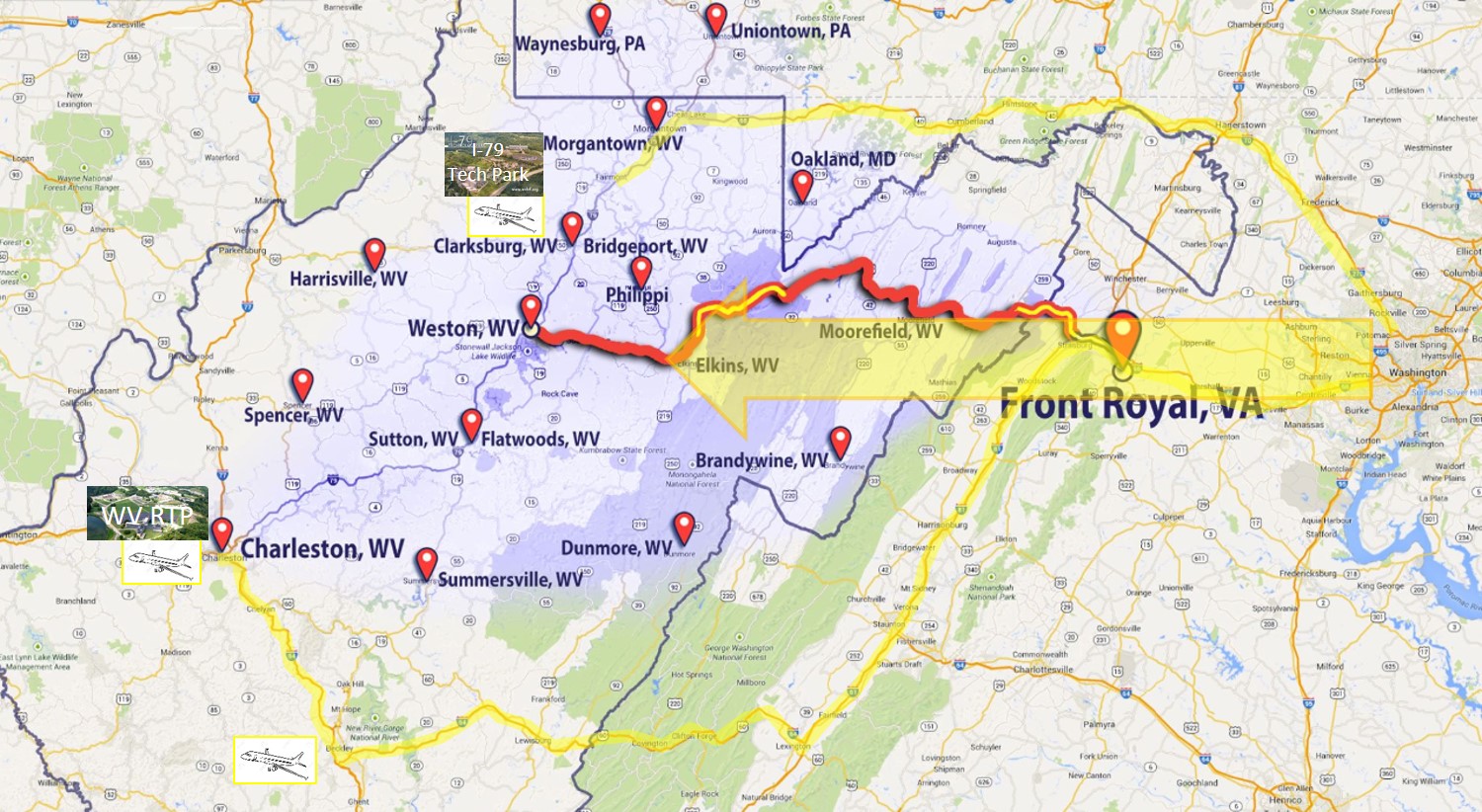
Federal operations at all levels are finding it a challenge to adequately comply with COOP requirements. The challenges come in many forms including cost, reliable infrastructure and geographical location. Location is a significant issue because, unfortunately, a mass casualty-producing terrorist attack could happen anywhere and at any time – especially in locations that provide the opportunity for significant disruption to the operations of the United States government. Unfortunately, planners and decision makers have come to realize that the density of Federal operations in the greater Washington, D.C. area, which includes western Maryland and northern Virginia, has created an unacceptable target of opportunity. Adequately addressing this important national security concern is a top priority.
A substantial part of the challenge for COOP planners is choosing locations that relocate Federal operations “far enough away,” but “not too far away” causing command, control and communications to become complex while costs escalate. Many Federal agencies have attempted to address this challenge by locating their COOP sites throughout western and southern Virginia. However, many studies predict that because of the population density of the greater Washington, D.C. area, these regions would likely be flooded with people in the event of an incident. The infrastructure in these regions would likely be overtaxed beyond capacity making them an unreliable location for COOP compliance. Therefore, most experts agree that the best strategy is to choose locations west of the Appalachian Mountains. The I-79 Technology Park provides the ideal location for meeting the goal of being “far enough away,” while “not being too far away.”


